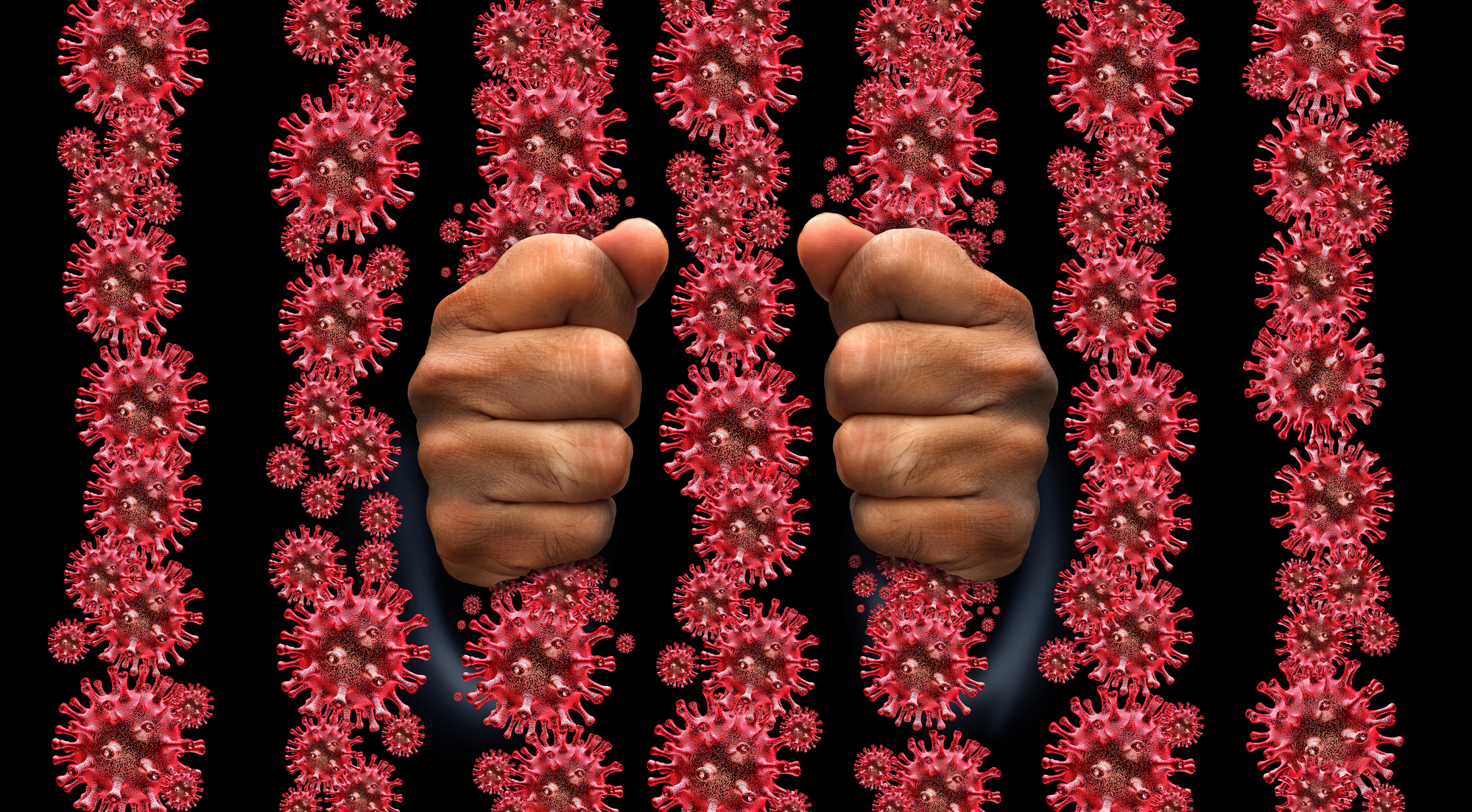Categories
COVID-19 Health immigrationAsylum-seekers in Louisiana and Mississippi are under-tested and under-vaccinated, risking the spread of COVID-19, according to a recent report from WWNO New Orleans and the Documenting COVID-19 project at the Brown Institute of Media Innovation at Columbia University.
The story, “Untested Asylum-Seekers in Ice Detention Centers Pose New Health Risk Among Delta Outbreak,” reported that asylum-seekers are transferred between eight Louisiana detention centers and one regional center in Mississippi without getting proper COVID-19 testing or receiving their test results.
Reporters uncovered that Immigration and Customs Enforcement transferred many asylum-seekers between Mississippi and Louisiana detention centers without giving them the chance to receive partial or full vaccinations.
“As ICE routinely fails to provide proper health care, involuntary transfers shouldn’t be happening and certainly not during a pandemic,” said Ariana Sawyer, a researcher at Human Rights Watch.
The problem is compounded, local activist Julie Ward told reporters, because many asylum-seekers refuse to be vaccinated because they mistrust the National Guard, one of the organizations distributing the shots.
The Louisiana Department of Health responded to reporters’ questions saying that it has sent ICE thousands of vaccines, but is unsure how many have been used. ICE did not respond to the reporters’ requests for comment.
To make matters worse, an inspector general report revealed meager COVID-19 mitigation efforts in detention centers, with limited access to medical care and inadequate social distancing. Detainees also said there were insufficient testing protocols, even when they were experiencing symptoms.
As of Aug. 2, when the story was published, Adams County, Mississippi, home to a regional ICE center, reported an 18.1% COVID-19 test positivity rate. East Baton Rouge Parish, where asylum-seekers have been dropped off, reported a 9.3% positivity rate, a 30% increase from the previous week.
In addition to the virus spreading within detention centers, the ICE practices pose a threat of asylum-seekers spreading COVID-19 to the greater community. Advocates reported an uptick in releases between July 12 and 16 when four centers released at least 447 individuals.
Some COVID-19-positive asylum-seekers have been released without notice, said Elisabeth Grant-Gibson, a member of the Louisiana Advocates for Immigrants in Detention, which organizes transportation for detainees.
“They’ve slipped me COVID-positive people twice without warning,” Grant-Gibson said. “They released them with a positive test and I don’t think there’s a law saying they can’t release them with a positive test, but we have said that we will not take them if they tested positive.”
The reporting started when Documenting COVID-19, an initiative collating document sets relating to the pandemic, uncovered emails between asylum-seekers, advocates and Louisiana Health Departments. Reporters obtained these documents through public-records requests, the cornerstone of the project, said Derek Kravitz, the project lead.
“We found that there were concerns about asylum-seekers being released without testing results, without tests at all, in some cases unvaccinated, being released at public bus stations,” Kravitz said in an interview with IRW.
From there, Documenting COVID-19 partnered with WWNO, the public radio station in New Orleans, to report the story by drawing on documentation from government agencies and local advocates, including one who surveyed asylum-seekers about detention center conditions.
The documents revealed that poor conditions in ICE detention centers threaten detainees’ health as well as those who come in contact with asylum-seekers after their release.
“These are asylum-seekers that have entered this country from primarily Venezuela, Colombia, Cuba and Haiti who are seeking asylum through proper channels,” Kravitz said. “It is a disservice to them to not be afforded some of those basic human rights.”
Follow our ongoing timeline of the Biden administration’s immigration policies and changes.





